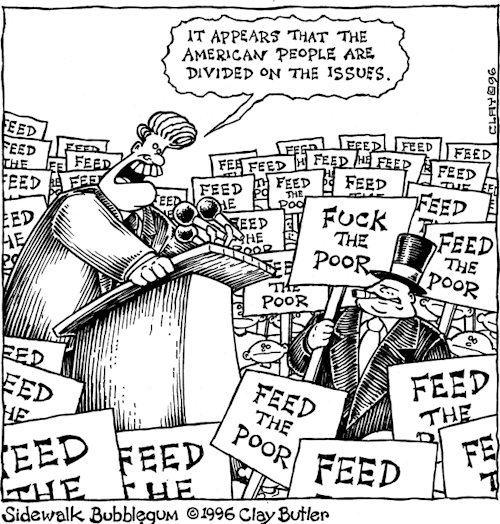(Former) Governor Mike Huckabee has been criticized for the things he’s said about women and birth control. Here’s the line folks are focusing on:
They cannot control their libido or their reproductive system without the help of the government
The reply is that the Governor did say those words, but the quote is “taken out of context”. As it turns out, the context is that of attributing this view to Democrats. Here’s Matt Lewis at the Daily Caller clarifying the situation:
If the Democrats want to insult the women of America by making them believe that they are helpless without Uncle Sugar coming in and providing for them a prescription each month for birth control because [DEMOCRATS BELIEVE] they cannot control their libido or their reproductive system without the help of the government, then so be it.
The context of the quote, I think, is correct in terms of the Daily Caller’s clarification. The video HERE. Huckabee isn’t stating his own view, he’s making it clear what he thinks that Democrats think about women and birth control. So to criticize him for holding this view is a form of straw manning.
That’s better, but not dialecticaly. The defense is that the view in question is not one he takes himself, but one he attributes to his opponents on birth control. (He follows these sentences with a call for further debate on the issue, clearly calling attention to the fact that he sees his opponents as having a wildly indefensible view.) Note that the address was not to a mixed audience wherein a liberal might say back: that’s not our view, Governor. The issue isn’t about controlling libido, but having the right to manage when and by whom one has a child. Isn’t that an important issue? Ever notice how straw-manning is easier when your opponent isn’t in the room?
So in defending himself against being strawmanned, Huckabee reveals himself the straw-manner.
To use the full taxonomic vocabulary: My hypothesis is that Huckabee was hollow-manning (nobody on the Democrat side has had a thought like that, right?), and the defense is a form of iron-manning.




